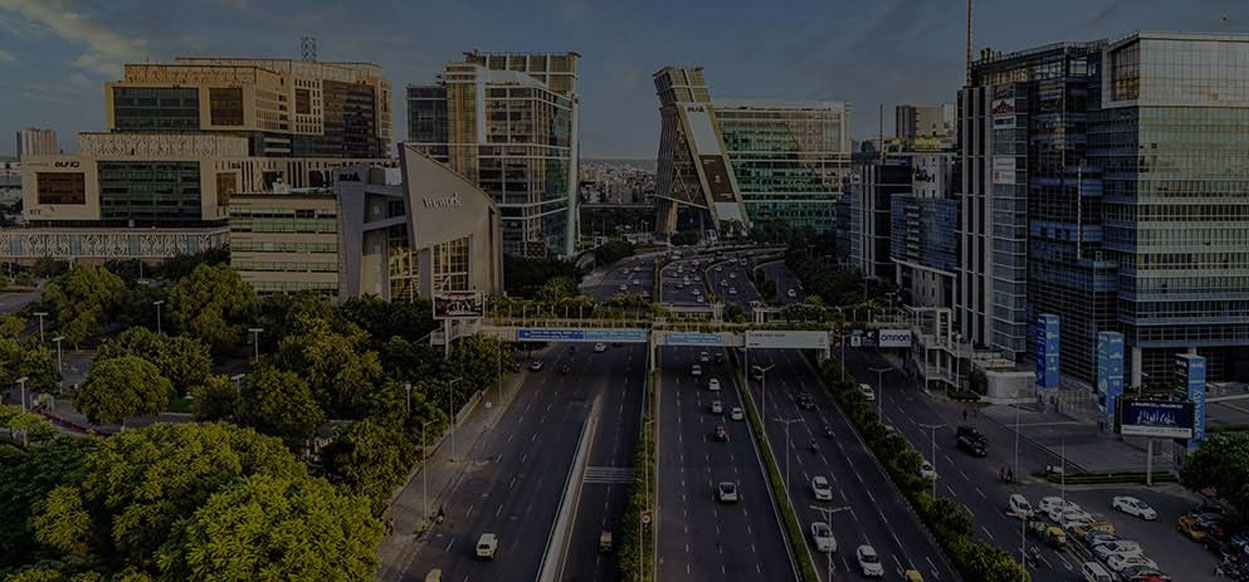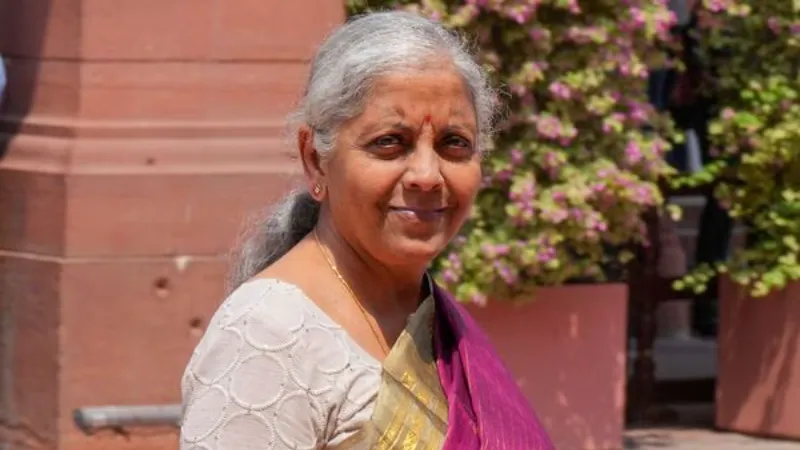




Budget 2025: Nirmala Sitharaman Proposes BIG Relief for the Middle-Class with ZERO Tax on Income Up to ₹12.75 Lakh
In the much-anticipated Union Budget 2025, Finance Minister Nirmala Sitharaman has announced a groundbreaking proposal that will bring immense relief to the middle class. The government has decided to introduce a significant tax break for individuals earning up to ₹12.75 lakh annually by making their income tax liability ZERO.
This bold move comes as part of the government's effort to ease the financial burden on the middle-class, which has long struggled with rising living costs, inflation, and the increasing tax burden. Under the new tax regime, individuals with annual incomes up to ₹12.75 lakh will not have to pay any income tax, effectively making them tax-exempt. This change marks a major shift from the current tax slabs, where individuals earning above ₹5 lakh annually still had to pay taxes.
Income Tax Exemption: Income up to ₹12.75 lakh will be completely exempt from tax. This will allow middle-class families to retain more of their earnings, providing a significant boost to disposable income.
Simplified Tax Structure: The government is also working to streamline the overall tax structure, ensuring that the benefits of the new tax regime are more accessible and transparent for taxpayers.
Encouraging Savings and Investment: The Budget also proposes to make it easier for taxpayers to save and invest for the future, with additional tax deductions for savings instruments like PPF, NSC, and other long-term investment vehicles.
Stimulating Economic Growth: The government believes this measure will lead to increased consumption, thereby stimulating economic growth. With more disposable income in the hands of the people, demand for goods and services is expected to rise, benefiting various sectors.
For years, the middle-class segment has felt overburdened with taxes, while also facing rising living costs in areas such as housing, education, healthcare, and transportation. With this new tax proposal, people will see a significant increase in their take-home salaries, which will go a long way in improving their standard of living.
Additionally, this move is expected to boost the savings rate and incentivize more investments into the country’s economy, benefiting both individual taxpayers and the nation as a whole.
More Disposable Income: If you’re in the ₹12.75 lakh income bracket, this tax relief means more of your hard-earned money stays in your pocket, helping you achieve your financial goals faster.
Better Financial Security: With no income tax liability up to this threshold, you can use the additional savings to build an emergency fund, invest in the stock market, or contribute to retirement savings.
Potential to Save More: The increased disposable income will also help middle-class families save and invest more, which could provide long-term financial security and wealth accumulation.
Under the current tax structure, the taxable income of ₹5 lakh to ₹10 lakh is taxed at a rate of 20%, and any income above ₹10 lakh is taxed at 30%. The introduction of this ₹12.75 lakh tax-free threshold will provide a significant financial relief, especially for those in the lower to middle-income brackets who typically feel the pinch of high tax rates.
This proposal is expected to be passed through Parliament as part of the Finance Bill. Once approved, it could have a profound effect on the economy and bring much-needed relief to millions of middle-class taxpayers. While the details of the fine print are still being worked out, this bold step could lead to a significant reshaping of India's tax landscape.
In conclusion, Finance Minister Nirmala Sitharaman's announcement of a ZERO tax on income up to ₹12.75 lakh is a welcome move that has the potential to improve the financial well-being of millions of middle-class families across India. With more disposable income, greater savings, and a more favorable tax environment, this proposal could significantly improve the quality of life for the average taxpayer and foster economic growth in the country.
Stay tuned for further updates as more details of the Union Budget 2025 unfold!
Give your Comments